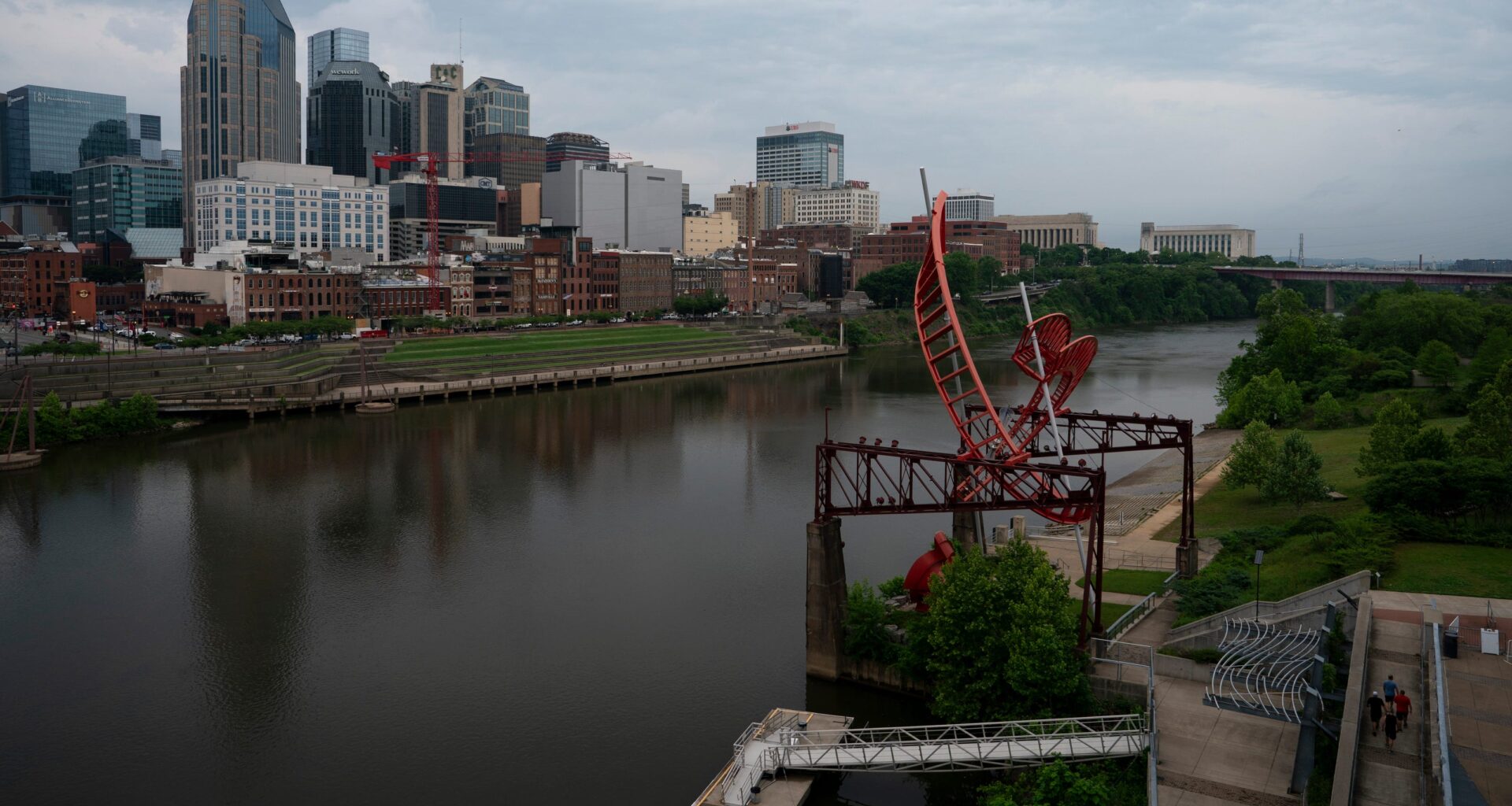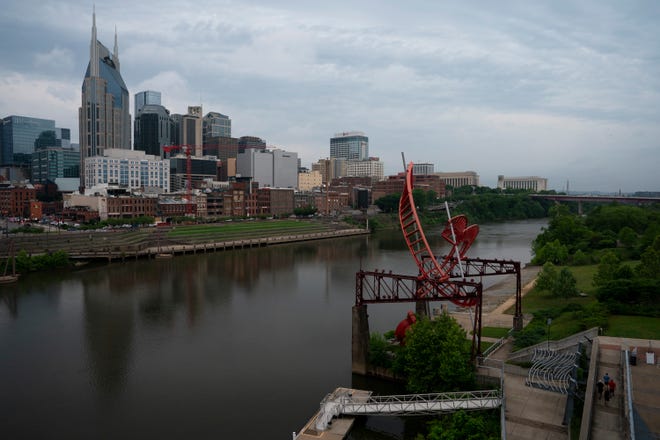If you’ve ever cheered during a Predators game at Bridgestone Arena, or clapped your hands in the pews of the Ryman Auditorium, or visited in one of Nashville’s many downtown hotels, then you have enjoyed the benefits of the Metro Nashville District Energy System – or the DES, as it’s known.
Most Nashvillians today can be forgiven for not knowing about the DES, as any well-performing system seldom attracts attention. But it represents a fundamental part of our city’s independence, resilience and ingenuity.
Sitting inconspicuously on Peabody Street, just across from Ascend Amphitheater, the current plant has been churning out steam and chilled water non-stop since 2003 thanks to its lifelong operator, Constellation.
Recently, I introduced a resolution, which was passed on the council floor, honoring the 20-year partnership between the Metropolitan Government and Constellation in the development, operation and management of the DES.
DES has saved space and lowered Nashville’s carbon footprint
The system as a whole, however, is much older than that. Over 50 years ago, Metro Nashville’s first Mayor, Beverly Briley, foresaw a growing need for cleaner, cost-effective, space-saving energy and launched a first-of-its-kind project to meet it.
The system came online in February 1974, utilizing a now-91,000-foot network of underground pipes to heat and cool more than 40 Metro, state and privately-owned buildings in downtown Nashville.
The current plant has been called “a true catalyst for downtown economic development” by then-Mayor Bill Purcell and was projected to save just under $67 million through more efficient operations.
Hooking up to the DES has saved buildings acres of space that otherwise would have been filled with large individual HVAC units, which require additional maintenance and are less energy-efficient than centralized systems, negatively contributing to our city’s carbon footprint.
In this respect, Metro’s partnership with Constellation helps make Nashville a greener city.


During my campaign, I promised to leverage my 40 years of expertise in utilities, engineering and infrastructure to achieve a higher quality of life for all Nashvillians. The key to this lies in effective city planning encompassing everything from safe neighborhoods right down to our key infrastructure. Chilled water and steam are clean, reliable and recyclable resources that can be distributed out of sight and underground while contributing minimally to our environmental impact.
I’m also committed to strengthening our city’s partnerships that make Nashville successful while also pushing the boundaries of sustainability and innovation – just as this one does.
What makes the DES even more unique is that it belongs to Nashville. This is not a Tennessee resource, nor a profit-driven enterprise, nor something that every city has. This Nashville utility system benefits from a public-private partnership that is distinctly our own. Metro-owned and Metro-managed, it comforts many who live, work, and entertain in our city’s main artery. Equally important, the system is privately operated by Constellation, providing top industry leadership and expertise that keep it running smoothly and without disruption.
More:Tennessee pioneers a path to a sustainable future by growing nuclear energy capabilities
Just as the DES helped support Nashville’s ongoing economic boom, it has a significant opportunity to continue serving the city. For the Metro buildings it serves, it’s estimated that the system has saved the city more than $30 million over the past 20 years in energy costs. Plus, it currently operates at over 99% reliability.
As Nashville’s neighborhoods evolve, with numerous major real estate developments on the way, centralized energy systems like the DES present the chance to streamline efficiencies like never before. We can leverage this system to lower costs, reduce carbon footprints and accelerate future infrastructure for our communities.
The DES and Metro’s partnership with Constellation are special. Through collaboration, creativity and resolve, Nashville achievedwhat so few others have: a clean, strong, and self-sufficient city. Mayor Beverly Briley’s dream from over half a century ago has prepared us for a world in which energy efficiency and innovation will continue to assure our future.
Olivia Hill serves as a Council Member at Large for the Metropolitan Government of Nashville and Davidson County. She is chair of the District Energy Advisory Board and of the Government Operations and Regulations Committee. She also serves on the Transportation and Infrastructure Committee and the Greenways and Open Spaces Commission.


